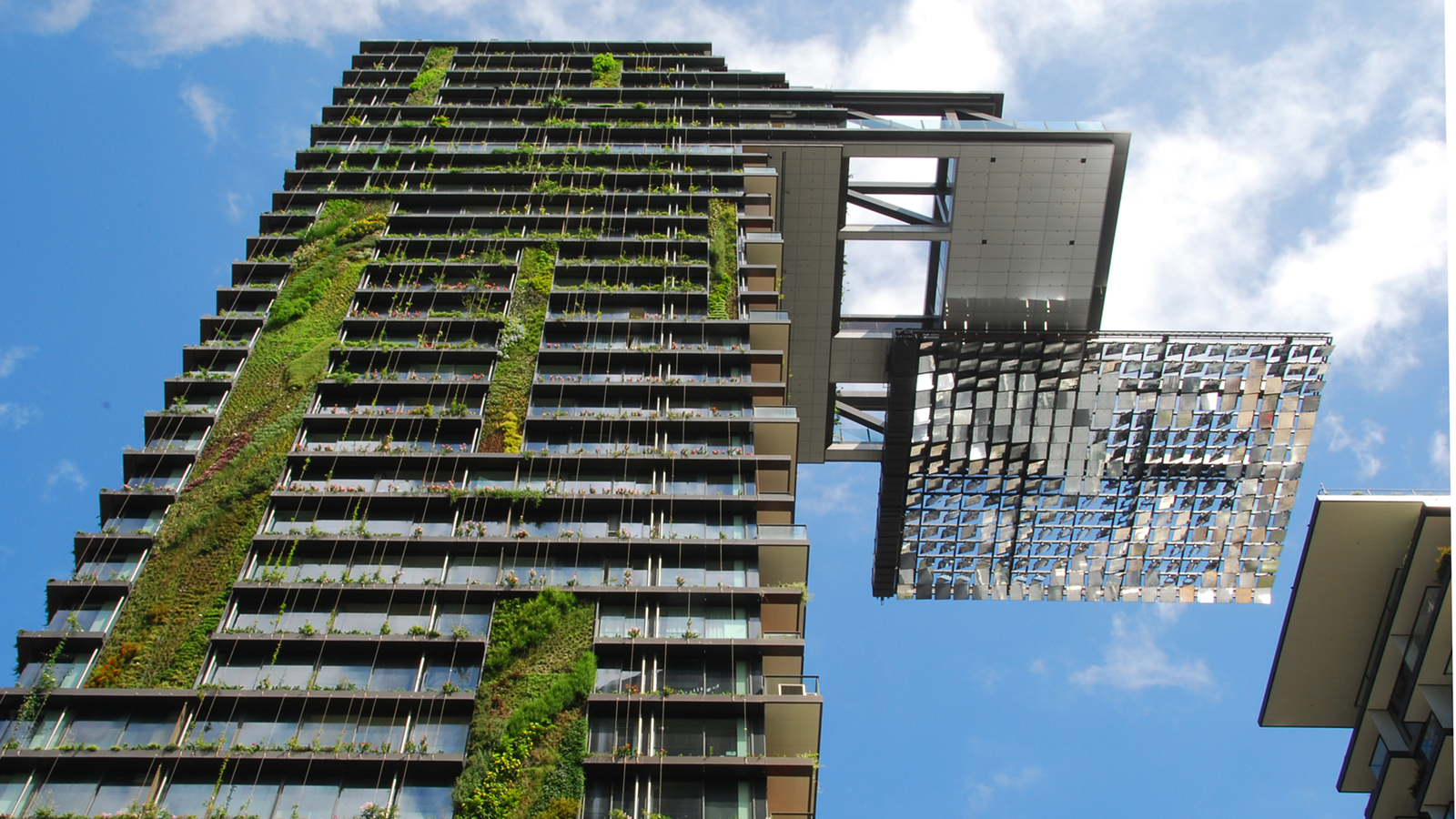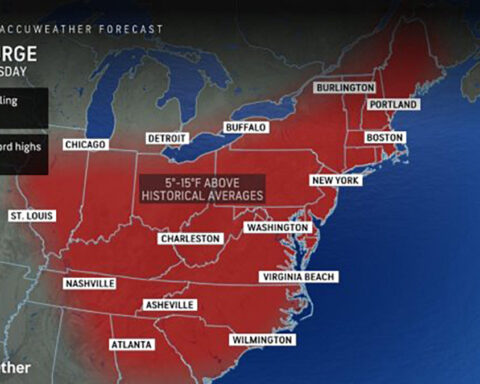by Kathryn Carley, Commonwealth News Service
Boston is set to become the eighth and largest city in the Commonwealth to implement a new state climate-friendly building code to reduce the use of fossil fuels in the building sector.
The “specialized stretch code” as it is known, does not ban the use of fossil fuels for heating or appliances, but it offers strong financial incentives for developers to ensure buildings are wired for electrification.
Logan Malik, executive director of the Massachusetts Climate Action Network, called it a critical step toward creating energy efficient and climate-resilient buildings.
“And it’s also going to significantly reduce energy use,” Malik pointed out. “Which could bring down costs for consumers.”
Malik noted more electrification would also significantly improve indoor air quality. Buildings account for nearly 30% of greenhouse-gas emissions statewide, and nearly 70% of emissions in Boston alone.
Studies show communities of color are 1.5 times more likely to experience poor air quality than white communities.
Malik emphasized while the new building code will ensure improved housing stock in the future, city officials also need to make sure residents of existing buildings have access to the same environmental benefits.
“We really need to make significant investments in the City of Boston in retrofitting buildings that serve low- and moderate-income residents and folks in environmental-justice communities,” Malik contended.
Malik is encouraging state officials to invest in the Zero Carbon Renovation Fund to prioritize the most vulnerable communities for energy efficient upgrades. It will take a multipronged approach, he said, to meet the state’s goal of reaching net-zero emissions by 2050.

















